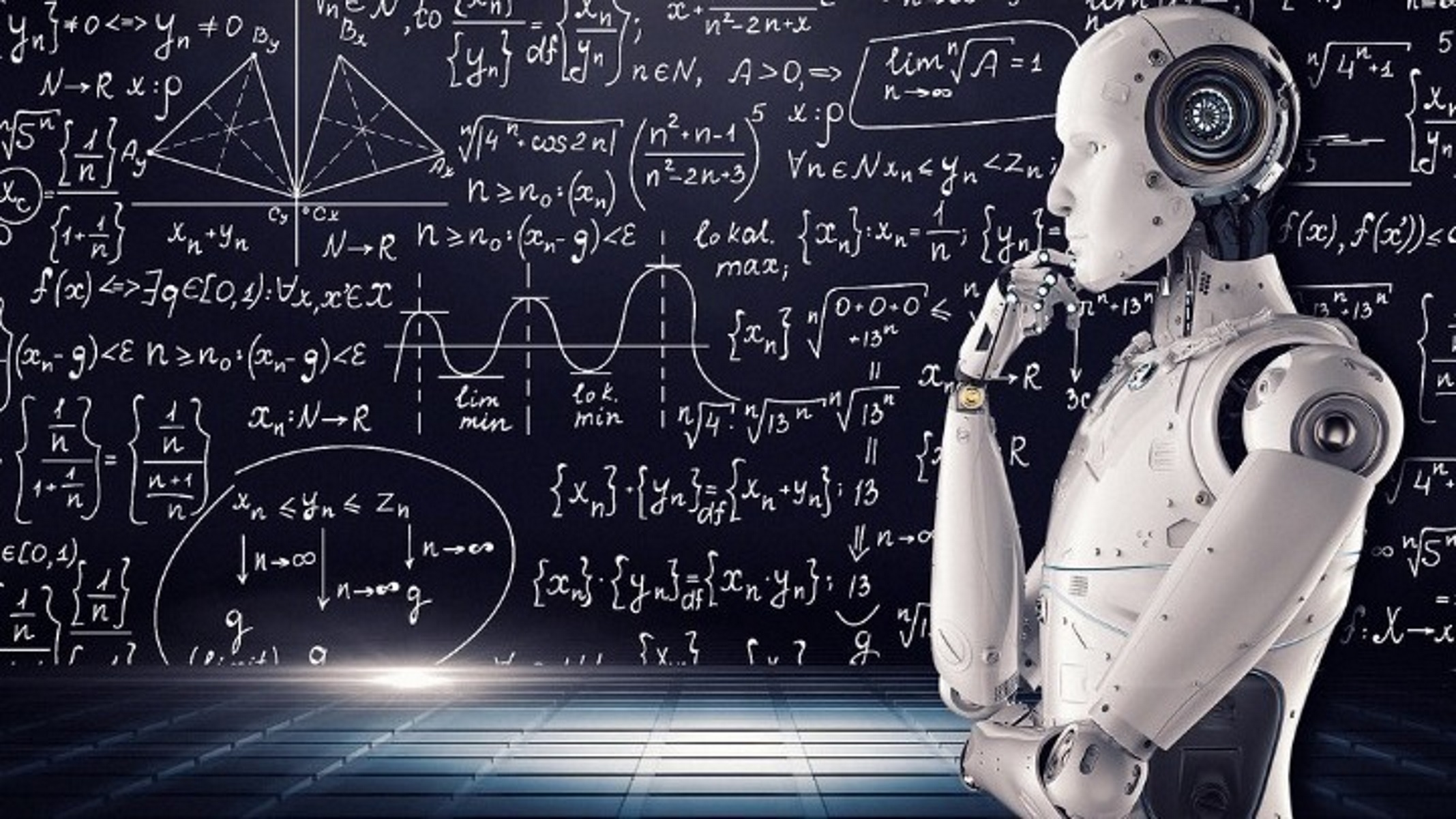Artificial Intelligence developed by scientists in France, can detect its early signs lung cancer on chest CT scans. Detection is possible up to one year earlier than existing methods.
Lung cancer is the leading cause of cancer death worldwide with approximately 1.8 million deaths each year. It is often diagnosed at an advanced stage, when the possibility of effective treatment is limited. Scientists hope that the use of “smart” medical technology will make the diagnosis faster, thus increasing the chances of treating the disease.
Today’s computed tomography scan detects traces of lung cancer and is followed by biopsy or surgery to confirm that the tumor is malignant. But it is not always easy for the radiologist or other doctor who “reads” the imaging tests to “catch” the very small traces of cancer.
Artificial Intelligence: Detected 172 of 177 cancers (97% accuracy)
Researchers from the National Institute for Digital Science and Technology (Inria) Research at the University of the Cote d’Azur, the University Hospital of Nice and the software company Therapixel, led by Benoit Odelan, made the , trained an artificial intelligence algorithm, supplying it with tomographs from 888 patients who had already undergone imaging tests for suspected tumors.
The system was then tested on 1,179 patients who had had lung CT scans in the past two years, including 177 who had already been diagnosed with a lung cancer biopsy. The artificial intelligence program identified 172 of the 177 cancers (97% accuracy). The five tumors he “lost” were in the center of the breast, where it is more difficult to distinguish a cancer from healthy parts of the body.
Artificial intelligence: Another tool for radiologists
The researchers, who were also funded by the French government, tested the system on CT scans a year before the tumors were diagnosed and confirmed by biopsy in the same 1,179 patients and were able to detect 152 suspicious areas, which were later diagnosed as cancerous. tumors. On the other hand, so far the program detects many suspicious areas that are not cancer (false positive diagnoses), so it will need improvement before being used clinically, so as not to lead to unnecessary biopsies.
“Lung cancer screening means a lot more CT scans need to be done, but we do not have enough radiologists to analyze all of these tests. That’s why we need to develop computer programs that can help us. Our study shows that this program is able to find possible signs of lung cancer up to a year earlier. “Our goal is not to replace radiologists, but to help them by giving them a tool that can detect the earliest signs of lung cancer,” Odelan said.
source: ΑΠΕ – ΜΠΕ
READ ALSO
